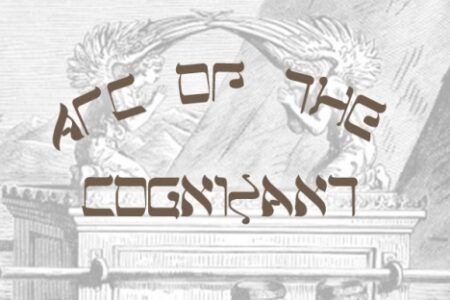OP/ED: MP encourages HST opposition
As of July 1st, the governments of Canada and B.C. intend to institute a Harmonized Sales Tax (HST) of 12 per cent, combining a 7 per cent Provincial Sales Tax (PST) with a 5 per cent federal Goods and Service Tax (GST). As well, despite the Provincial bill still not being passed at the time of this column’s writing, some sections of the bill took effect on May 1, with businesses being required to start collecting the HST for pre-paid services that will be used after July 1, such as gym memberships and travel tickets.
The HST means that residents and businesses will be paying more for many goods or services that were previously exempt. Many foods, vitamins, meals in restaurants, funeral costs, hairdressers and hundreds of other everyday items will soon cost you more.
Both governments claim that HST will save about $2 billion for BC businesses, helping them become more competitive. The governments say big businesses will save:
- about $1.9 billion because they will no longer have to pay PST on products that are considered business “inputs” and
- another $150 million annually because they will no longer need to have separate collecting, accounting and remitting process for PST.
The governments believe that that these savings to companies can be passed down to consumers or provide new investment opportunities to create jobs and economic growth.
It is not so simple or clear, however. Remember the promises of lower prices when the Free Trade deals were struck with the United States, and then Mexico? I think most Canadians will agree that this has not happened to any great extent. There is nothing that guarantees any input cost savings found for companies will actually be passed on to consumers as savings.
The main purpose of a company is to maximize profit. There is no guarantee that corporations that achieve this greater profit will decide to reinvest these profits into more jobs, or technologies, or even in Canada.
Yet, to coerce BC’s transition to the HST, the federal government dangled $1.6 billion in special one-time transfer payments in front of BC, at a time of severe economic downturn. In effect, the federal government is spending Canadian taxpayers hard-earned money to further shift the tax burden from the corporate sector to individual taxpayers, and onto low and middle income families. A whopping $1.9Billion. And, the HST will all be paid to the federal Canada Revenue Agency.
The Province counters by holding up their Low Income Credit for families and individuals, saying over 1.1 million British Columbians will receive quarterly credits of $52.50, or a little over 50 cents a day. Does this really match the increased tax they will pay with the HST?
Meanwhile we witness school and hospital closures all over the province, with those left having budgets cut to the bone. Skilled teachers and health professionals are joining the ranks of the unemployed. Will this mean a growing exodus from rural areas to bigger centres – either to search for a job, or for a community that still offers a school and hospital?
The HST is a regressive, unfair tax, and the timing couldn’t be worse. It will not help to create new jobs and will further hurt low and middle income British Columbians. And remember, the BC government stated before the last provincial election that they would not institute the HST.
There is currently an initiative to end the Harmonized Sales Tax in BC. To be successful the petition must be signed by 10% of the registered voters in each provincial constituency by July 5th.
I encourage you to inform yourself further on this very important issue.


























Comments